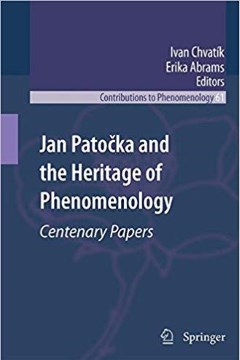Repository | Book | Chapter

(2011) Jan Patočka and the heritage of phenomenology, Dordrecht, Springer.
The thesis examined in this paper is that Jan Patočka significantly and positively influenced the political life of his country through his life and work. Patočka fulfilled his own idea of philosophy as inseparable from politics inasmuch as it generates history. He fundamentally influenced the way in which individual signatories understood the meaning of the Charter 77 movement. Due to this, the Charter, in spite of its internal diversity of views, was able to resist the temptation of nationalism, eventually leading to provincialism. Unlike the majority of dissident movements in other Soviet bloc countries, Charter 77 successfully operated for the full thirteen years from its inception until the fall of Communism. The ethos which Patočka imparted to the Charter is connected with his own questioning and dialogical thinking, especially in the later years of his life. The author evokes the Patočkian concepts of "shakenness" and "solidarity of the shaken" and especially the significance of the two short essays written in January and March 1977 for the interpretation of the meaning of the Charter. In conclusion, he emphasizes the continued importance of Patočka's questioning and searching in today's post-historical world.
Publication details
DOI: 10.1007/978-90-481-9124-6_12
Full citation:
Pithart, P. (2011)., Questioning as a prerequisite for a meaningful protest, in E. Abrams & I. Chvatík (eds.), Jan Patočka and the heritage of phenomenology, Dordrecht, Springer, pp. 155-161.
This document is unfortunately not available for download at the moment.



